Navigating university degree verification can be daunting, but knowing exactly what documents you need can make the process much smoother. This guide will help you gather everything necessary for a hassle-free experience.
Need help with the University Degree Verification process? Contact Us Now!
Introduction to University Degree Verification
Understanding the purpose and the reasons behind university degree verification can help set the stage for why you need specific documents.
University degree verification is a crucial step, often required by employers, educational institutions, or immigration authorities. It ensures that your claimed credentials are authentic and accurate.
The process might seem intimidating at first, but with the right preparation, you can handle it smoothly. Let’s dive into the essential documents you’ll need.
Read more: 10 Reasons Why University Degree Verification is Essential for Employers
Documents You Need for University Degree Verification
Verifying your university degree is an important step to take if you want to seek a job, further your education, or relocate to another country for any reason. Validating the validity of documents is an essential stage in appraising organizations. In this post, we will explain and walk you through the education verification process.
Why is university degree verification important?
Moving ahead, it is important for us to keep in mind why the degree verification process is necessary. While submitting your documents, ensure that the documents you provide to the employer or the university are authentic verification of documents. Ensure that the degree and other documents that they have claimed are true and authentic.
Organizations like employers, universities, and licensing bodies require degree verification to ensure that you meet their educational standards. For example, many employers verify educational backgrounds to confirm that candidates possess the qualifications they claim.
What Documents Are Required for University Degree Verification?
The documentation required might differ from one institution to another or even from country to country. However, the following are the most common papers required for degree verification.
- Degree Certificate: The most important document you are going to require is your degree certificate, which happens to be the official proof that you have successfully completed the course and are a graduate of the same university.
- Academic Transcripts: Transcripts are detailed records of your academic journey. It has a detailed description of the course you have covered and the marks you achieved in the specific year, along with all the details relevant to academic information. Transcripts are one of the key documents required for educational credential verification, as they provide insight into your academic history.
- Marksheets: You will have to submit your marksheet for each of your semesters. These documents show your academic skills and individual scores in each subject.
- Proof of Enrollment or Graduation: Some institutions or employers request a document confirming your enrollment or graduation from the university. If your degree certificate does not provide the needed clarity, you may need to provide an official letter from your university.
- Identification Documents: Institutions conducting the verification may require a copy of your passport, national ID, or other government-issued identification to confirm your identity.
- Language Translations (if applicable): If your degree certificates, transcripts, or mark sheets are not in the language of the institution requesting the verification, you may need to provide certified translations. These translations should be done by a qualified professional to ensure accuracy.
How Does the Degree Verification Process Work?
The degree verification process typically involves a series of steps that are to be followed one by one in a specific sequence. Here’s how it usually works out:
Document Collection
You have to start with collecting all the documents needed, such as your degree, your academic results, and your transcripts, along with any government-approved identification or proof of graduation. Some institutions might need the original copies while others work this out with copies of it.
Submission to Verification Service
Once you’ve gathered all the necessary documents, you’ll submit them to a verification service or directly to the requesting institution. This service will usually verify your credentials with your university or educational institution.
Verification by the University or Institution
The verification service will contact your university or the institution where you earned your degree. They will verify that your qualifications are genuine and that your academic records align with the information provided.
Verification Outcome
After all verification processes, you will be sent a report stating whether your degree has been successfully verified or not. Errors in the verification process will request additional documentation or clarification of the information provided, together with the ID issued by your government, to verify your identity.
What If Your Degree Information Is Incomplete or Incorrect?
It might happen at times that there could be some errors in your degree verification process. Whether it’s spelled incorrectly or the course title can be incorrect. These minor mistakes can delay the process entirely. It’s important to keep your documents ready with the utmost accuracy while planning to verify your degree certificate.
What should you do if your degree information is incorrect?
If you find any problem or any error in your preexisting documents, you can contact the university directly, or you can contact service providers like World Document Services to get your documents corrected. In some cases, universities might require a formal request to be made, but such things are usually made easy by a service provider. This process might take time, so it’s advisable to address any discrepancies as soon as possible.
Can World Document Services Help?
This is often a long and sometimes confusing process, especially when navigating through different institutions or overcoming language barriers, and with the help of a third-party provider, you can ease these hassles. At World Document Services, we know how complex this process can be. We can help you get, authenticate, or translate your documents from the very beginning, even if you get stuck in the verification process. We want to make the verification process simple and ensure that your educational credentials are verified smoothly so that you can focus on the next steps in your academic or professional career.
Read more: 7 Benefits of Using Professional Transcript Services
Conclusion
A university degree is important for anyone wanting to pursue further opportunities abroad. Understanding what documents are required and how the verification process works will prepare you for what is to come. While sometimes lengthy or complicated, remember that organizations such as World Document Services can assist you in this process with ease and support every step of the way.
This will enable you to move forward in your career with confidence since your credentials will be genuine.
Download the World Document Services App
You may enjoy a hassle-free experience by downloading our mobile app from either the App Store or the Play Store. It works with both iOS and Android devices.
Frequently Asked Questions (FAQ)
Q: What documents are required for university degree verification?
A: You will need your degree certificate, academic transcripts, mark sheets, proof of enrollment or graduation, identification documents, and possibly translations or authentication/apostille, depending on the country and institution.
Q: How long does the degree verification process take?
A: It can take anywhere from a few days to several weeks, depending on the institution and the country. Expedited services may be available to speed up the process.
Q: Can my degree be rejected during the verification process?
A: Yes, if discrepancies or inaccuracies are found, your degree verification can be delayed or rejected. It’s crucial to ensure that all information is accurate and complete.
Q: How can I resolve errors in my degree records?
A: If you find any errors in your degree information, contact your university or issuing institution to request corrections. They may require formal documentation to amend the records.
Q: What if my documents are not in the required language?
A: If your documents are in a foreign language, you will need to provide certified translations from a qualified translator to ensure they are accepted during the verification process.







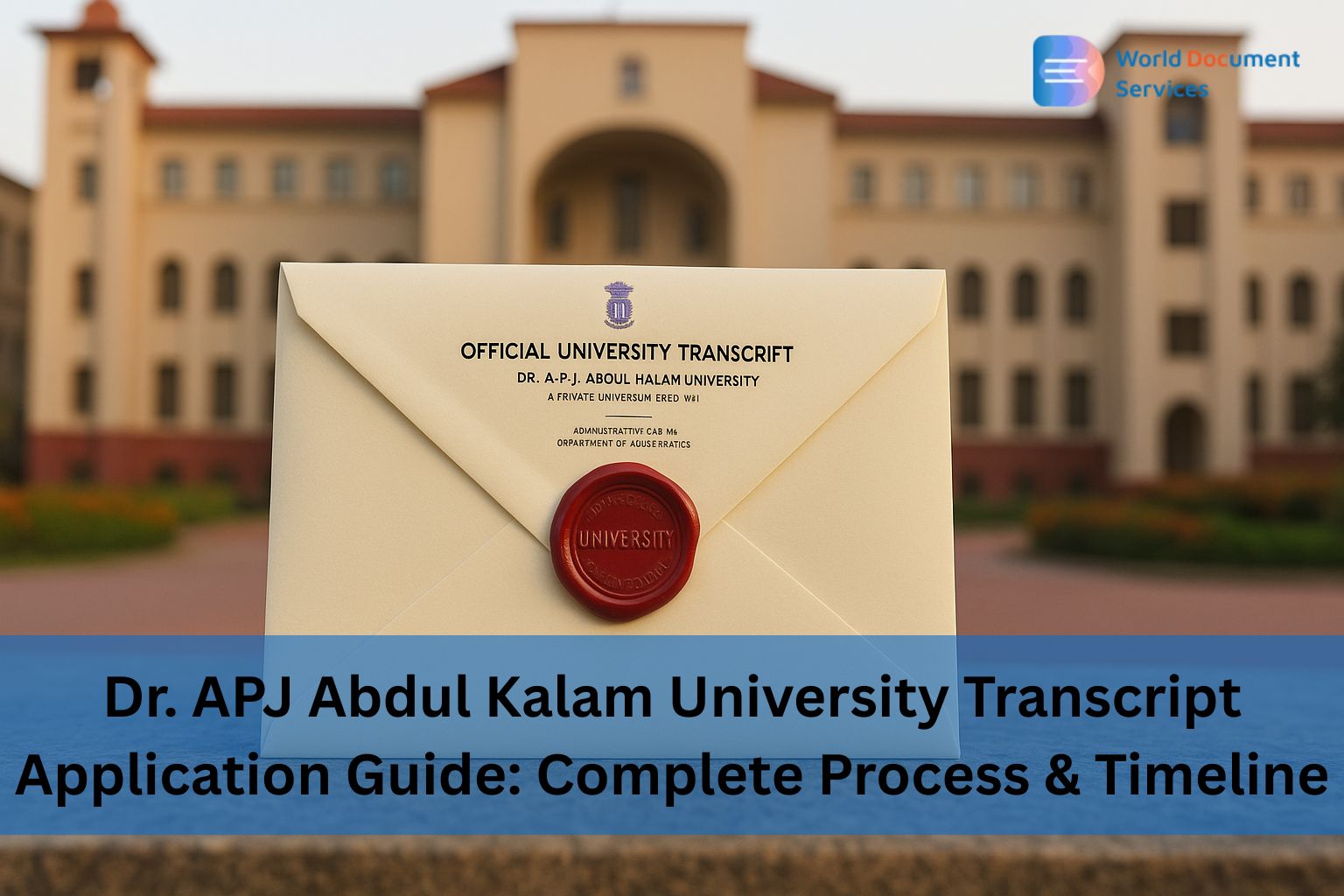
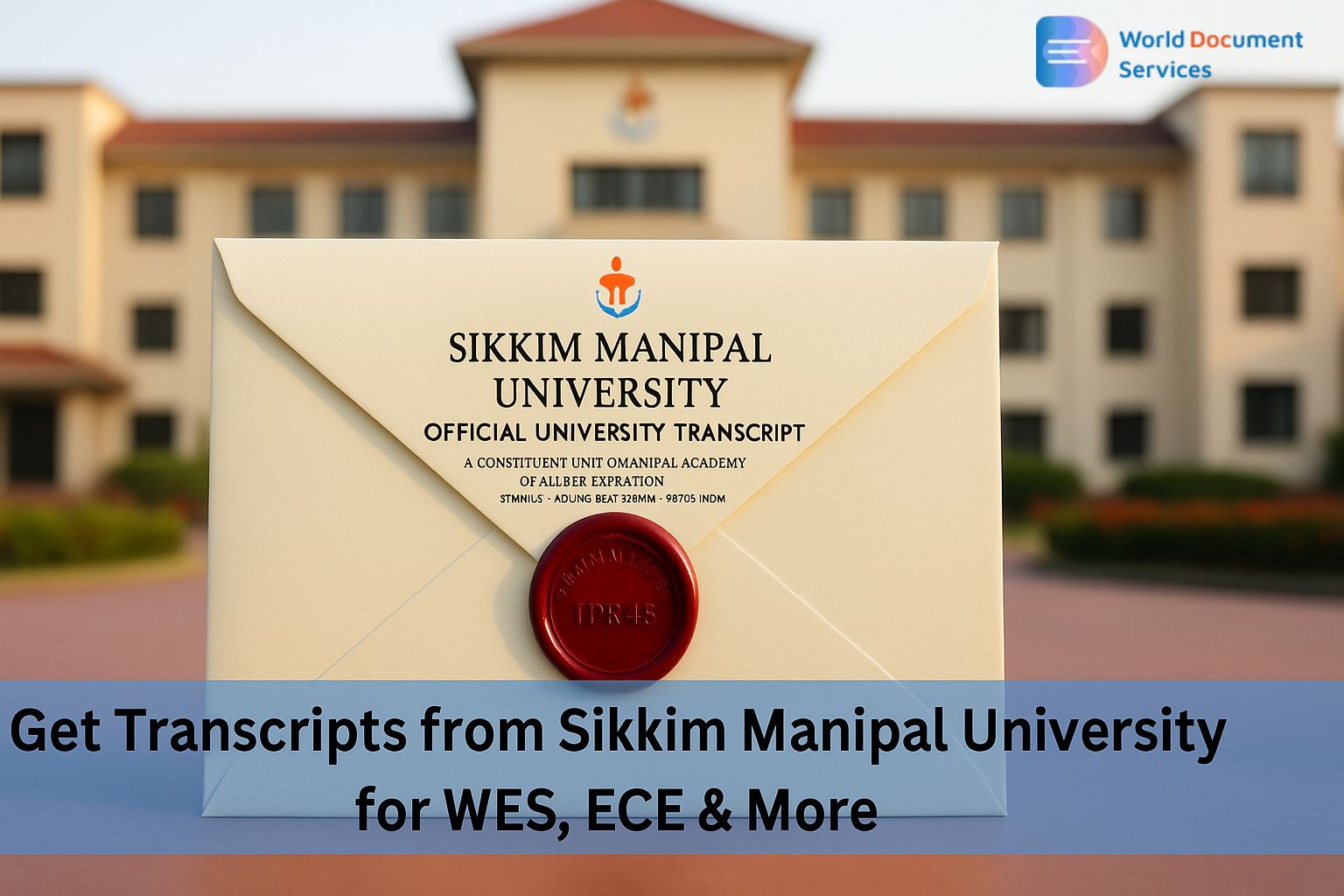
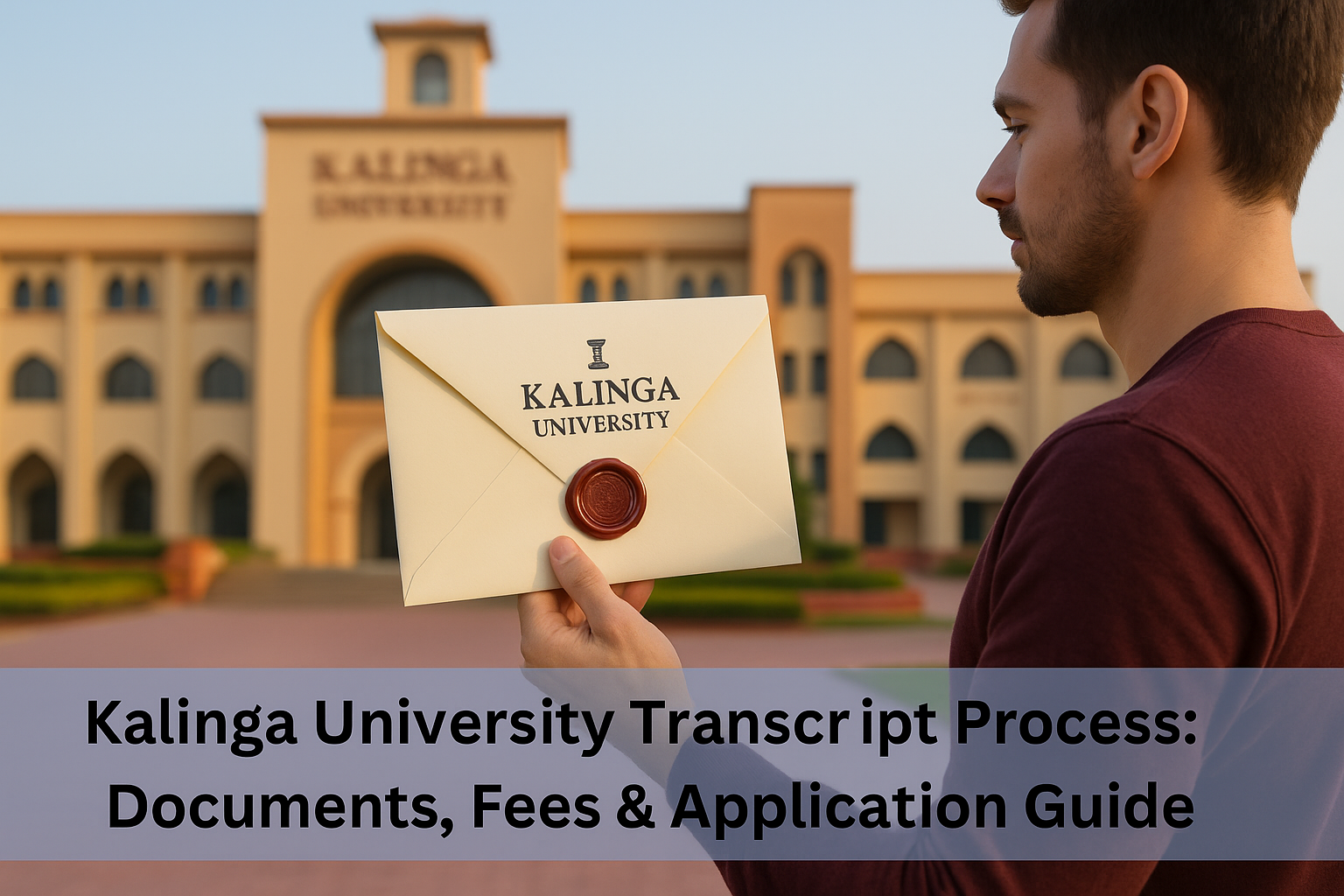
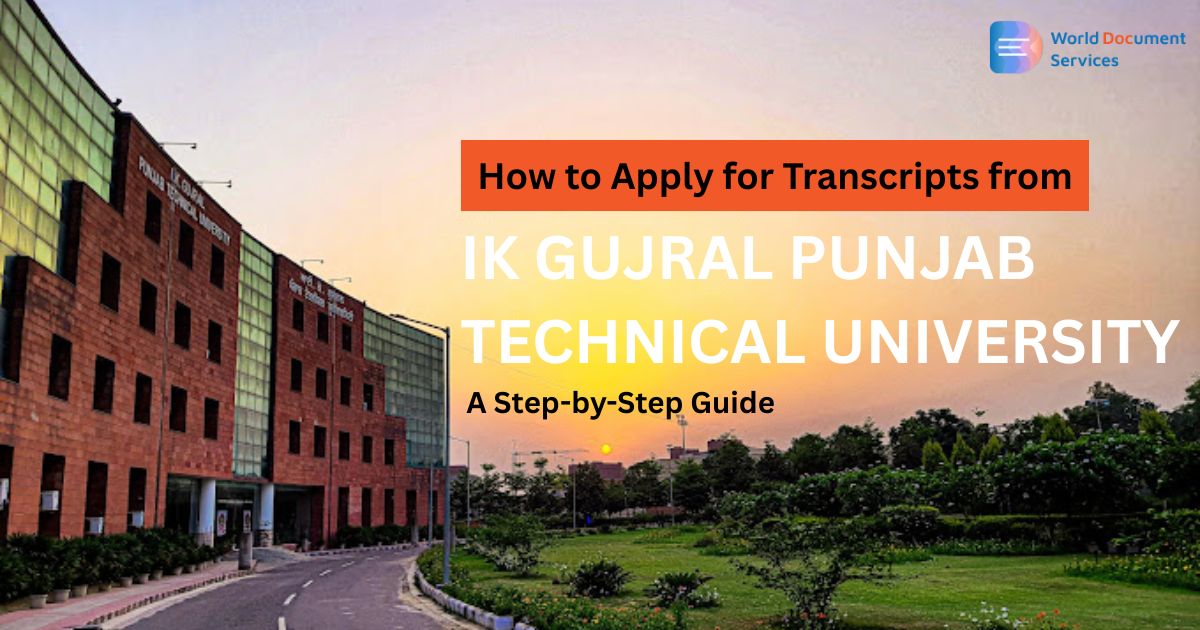




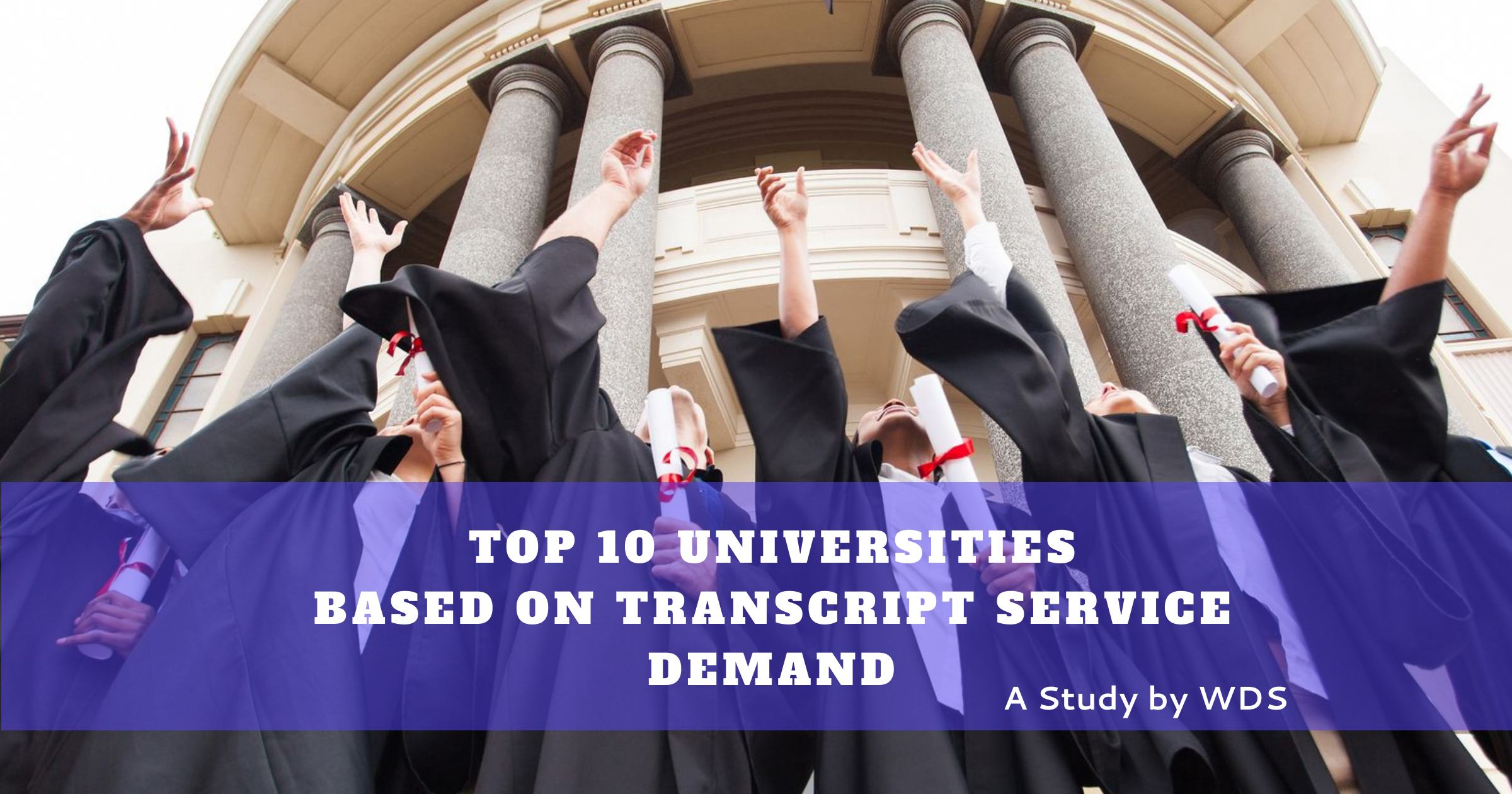
 Call Us
Call Us Mail Us
Mail Us WhatsApp
WhatsApp
